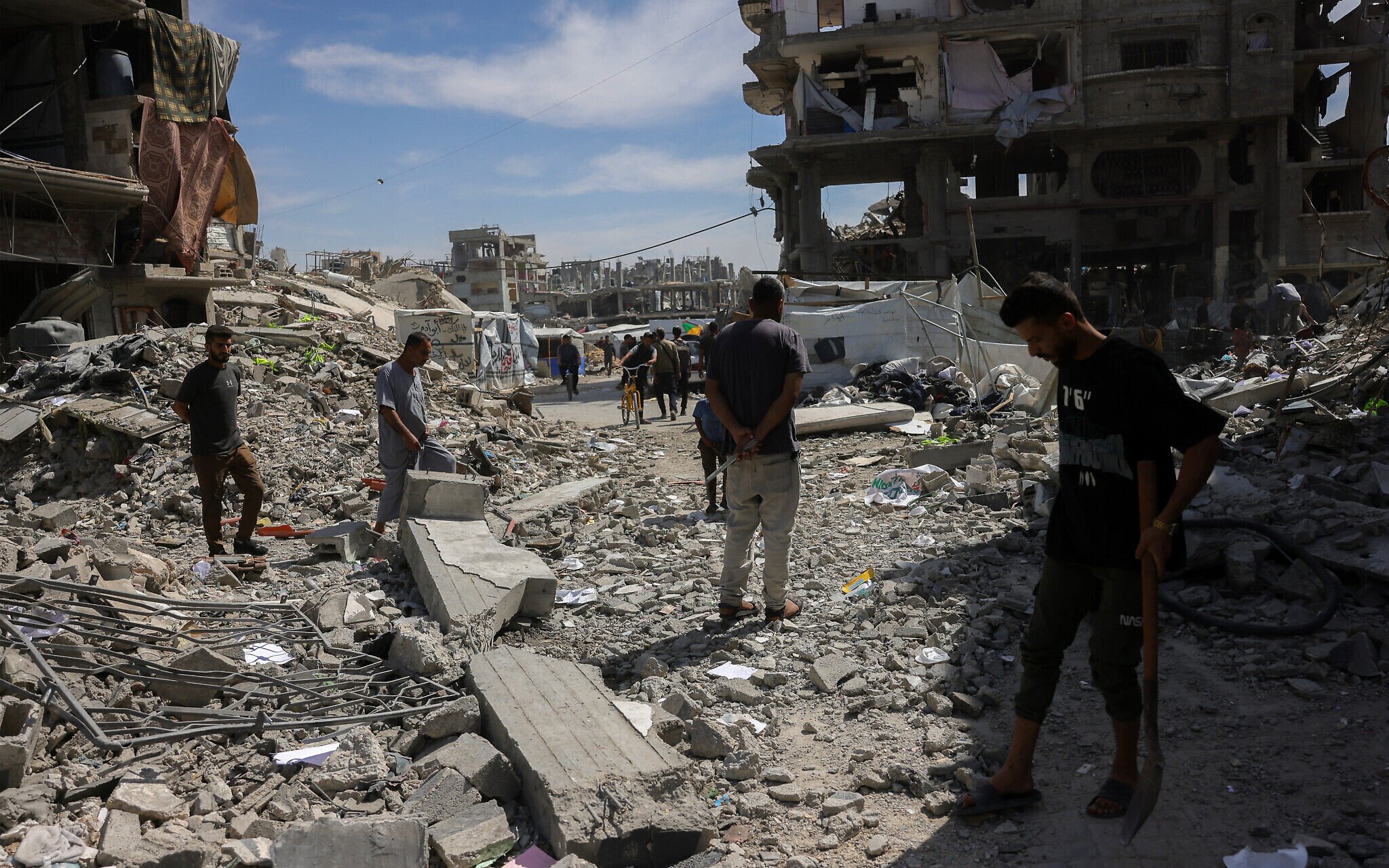
Dozens Killed Overnight as Israeli Airstrikes Pound Gaza Once Again
What happened last night in Gaza is nothing short of devastating. In the dark hours, while families were trying to sleep—many already displaced, many mourning, many clinging to hope—intense Israeli airstrikes shook both the northern and southern parts of the Gaza Strip. According to reports from Haaretz and Al Jazeera, at least 120 Palestinians have lost their lives in these latest attacks. Sixteen of them were confirmed dead just since midnight in the northern regions alone.
The scope of the strikes has been massive. Israel claims it's targeting Hamas infrastructure, but the reality on the ground speaks to something far broader and much more tragic. Residential areas, homes, even vehicles have been turned into rubble. In a chilling echo of previous nights, the skyline of Gaza was lit up not by stars, but by fire, smoke, and the sound of falling bombs.
Also Read:- Godden's Late Strike Sends Charlton to Wembley Dream
- Storms Stir Up the Southeast: Be Prepared for Round Two
Meanwhile, diplomatic channels appear to be stirring—Hamas has reportedly engaged in direct talks with the United States, facilitated through Qatari mediation. The Israeli government, on the other hand, has approved a U.S.-backed Gaza aid fund that is expected to start operations this month. But how do you deliver aid to the dead? To the children buried under collapsed homes?
And the violence isn’t isolated to Gaza. Overnight, Israeli settlers set fire to a Palestinian home and cars in the West Bank town of Deir Istiya, just another thread in the ever-growing fabric of tension and conflict.
This war has now reached Day 588, and what we are witnessing is not just a military campaign but a humanitarian disaster. It's a cycle of violence that continues to destroy lives, deepen trauma, and push any hope of peace further into the distance.
What’s most striking—what’s most painful—is that this isn’t new. This has become a grim routine. We report the numbers, but behind each number is a name, a face, a family. While governments and military spokespeople argue strategy and politics, ordinary people are paying the highest price—children, mothers, elders, and entire neighborhoods.
And we have to ask: how many more mornings like this will there be? How many more nights of terror must Gaza endure before the world stops treating this as background noise and starts acting like lives truly matter?
Read More:

0 Comments